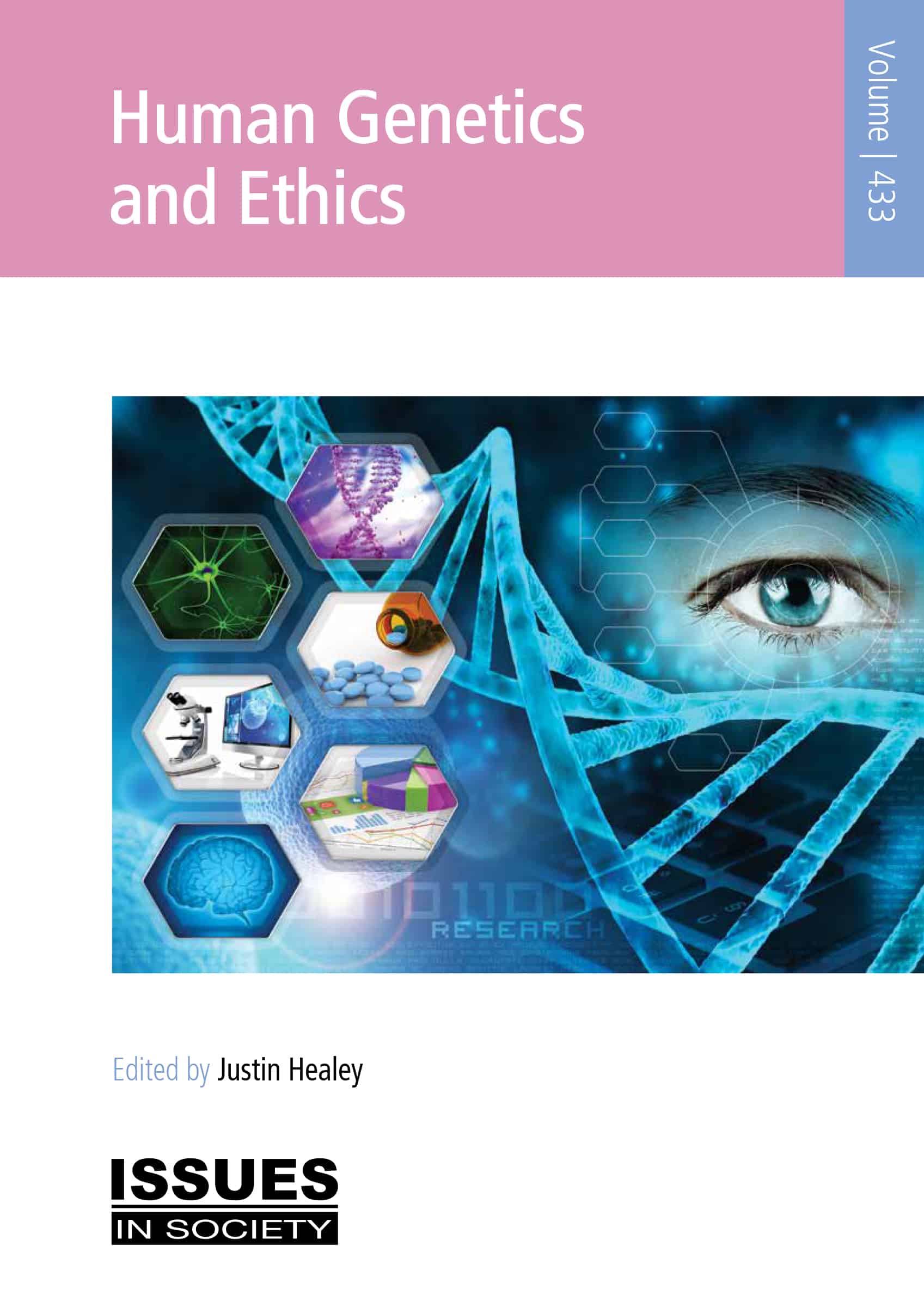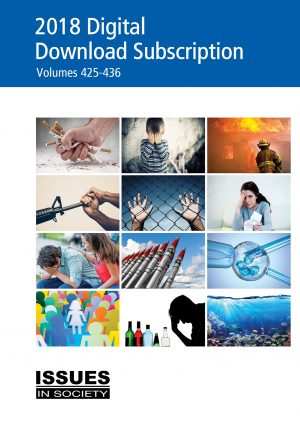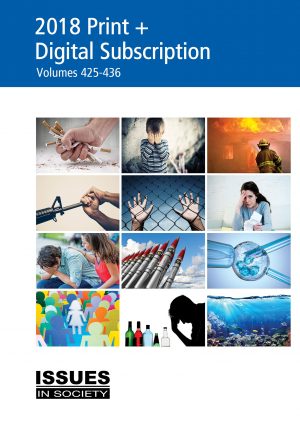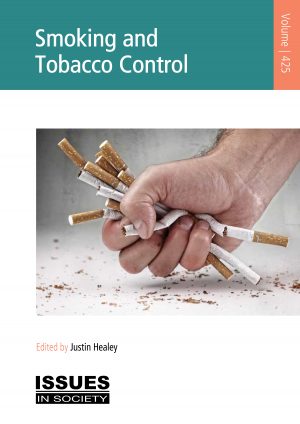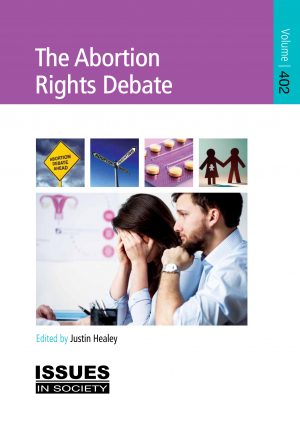Description
Each cell in the human body contains about 20,000 genes. Genes carry the information that determines the traits that are passed on to you, or inherited, from your parents. Genes are the instructions for the growth and development of our bodies, however mutations in a person’s genome can result in a genetic condition or disease.
How do the building blocks of the human body – DNA, genes and chromosomes – interrelate and interact with the environment, and contribute to a range of serious diseases? What are the dilemmas, risks and regulations associated with genetic testing and its related privacy and discrimination issues, the corporate patenting of people’s genes, and the growing prospects of human genetic enhancement? What are the ethical implications of gene therapies and emerging biotechnology techniques like gene editing (CRISPR) in the manipulation of the human genome?
In this new era of personalised medicine are we as a species going too far, or are we on a promising path to curing many deadly diseases? Does this all amount to scientific progress, or are we playing God with our own genes?

